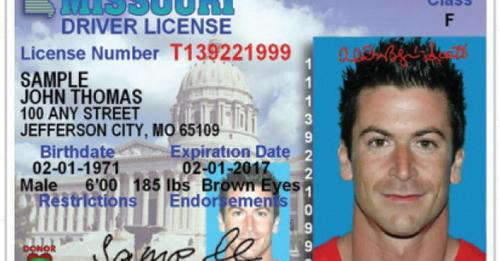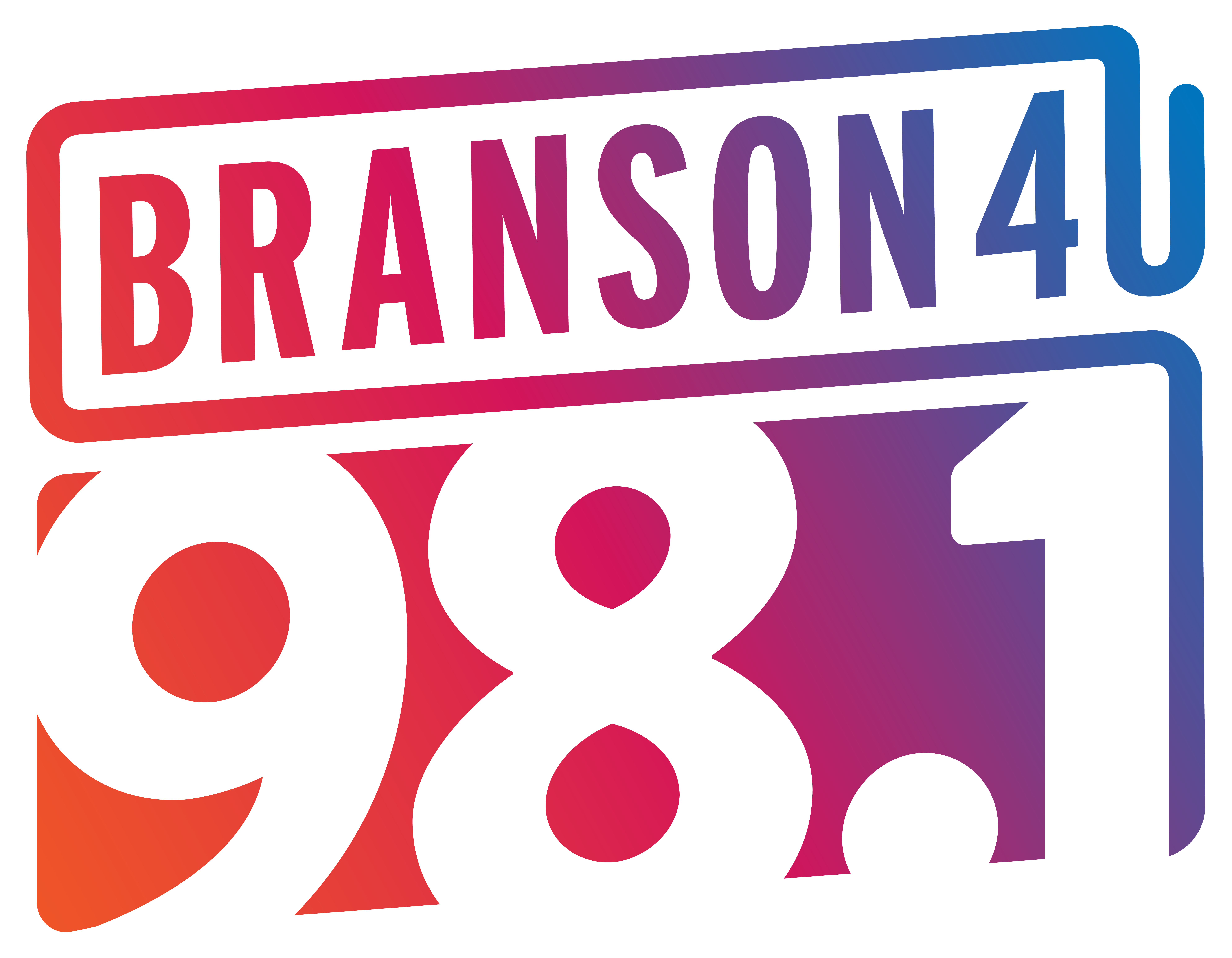
Missourians may need a photo ID this year to vote in the November election if Governor Mike Parson approves legislation sitting on his desk.
The full story from Emily Manley from Ozarks First is below:
At present, all Missouri voters need to cast a ballot is either a voter ID card, a current utility bill, paycheck or bank statement with your name and current address, a student ID, driver’s license, or an ID issued by the U.S. or state. Under House Bill 1878 approved by the General Assembly in May, some of those forms of ID won’t work at a polling place. It’s a goal Republicans have been trying to accomplish for years.
“That’s probably the biggest disappointment of this legislative session was that bill passing the finish line,” House Minority Leader Crystal Quade (D-Springfield) said. “That’s such a catastrophic bill that takes all of our attention.”
While it was a defeat for Democrats, it was a win for the GOP.
“I think the passage of a very strong election integrity bill is probably the single biggest highlight,” Sen. Bob Onder (R-Lake St. Louis) said.
A large elections package is working for Gov. Parson’s approval, requiring a photo ID to vote. This means that only a driver’s license or a U.S. or state-issued ID with the voter’s photo and address, along with an expiration date, is allowed. Back in 2020, the Missouri Supreme Court blocked the secretary of state’s office from requiring photo identification to vote.
Parson is on board with trying to enforce it again.
“I think in today’s world, when you can provide ID for everybody at no charge, that we can do that,” Parson said. “I think having a voter ID to go vote is a fair way to do an election.”
Democrats in the Senate were able to add their provision, allowing two weeks of no-excuse absentee voting, into the bill.
“We didn’t want to have to be in a position of having to do a photo ID bill, but we knew it was a top priority and we tried to do the very best we could without getting something horrible, absolutely horrible, shoved down our throat, which was a real possibility,” Senate Minority Leader John Rizzo (D-Independence) said.
The amendment, which was added by Rizzo in the upper chamber, would allow voters to vote at designation sites for a two-week period before the election. His provision is tied to the photo ID measure, which means if the courts once again block the photo ID requirement, the no-excuse absentee part would also be canceled.
“We absolutely did the best that we could,” Rizzo said. “Two weeks early voting, but we will see what happens in the court after that. We didn’t vote for the bill. We don’t get a lot of options over here with 10 of us.”
The minority party in the House was frustrated with their colleagues in the Senate for sitting down after nine hours of filibuster and debate.
“I am mad and upset with the 10 senators on the other side who could have stopped this,” Rep. Rasheed Aldridge (D-St. Louis) said. “This bill is horrible. I’m going to be very selfish because it impacts black people differently than it impacts white people. I’m sorry it might sound that way, but privilege is also very real.”
Under current state law, Missourians can vote absentee before an election if they will be out of town, working the polls, have an illness, are incarcerated, or have a physical disability.
The secretary of state’s office can help Missourians receive a free photo ID by helping obtain the correct documents needed. The Department of Revenue provides one free non-driver license to Missourians at no charge. Click here for more information from the secretary of state’s website.
The legislation also prohibits touchscreen voting machines and requires groups registering voters to check in with the secretary of state’s office.
“If you register more than 10 people, then you have to do different things, making it harder for groups like the League of Women Voters and other organizations that are nonpartisan that register folks problematic,” Quade said.
The bill also requires local election authorities to have cybersecurity reviews either by the secretary of state or a qualified firm. The bill also blocks any private funds from going to election authorities.
If signed by the governor, another part of the bill that would go into effect in January 2023, would allow Missourians registering to vote to choose a party affiliation. If the voter does not select a party, he or she can be designated as “unaffiliated.” Under current law, voters do not have to choose the ballot of a political party on primary day. Voters would be able to change their party affiliation by notifying their local election authority.


 Branson Public Schools Offers Free Summer Meal Program
Branson Public Schools Offers Free Summer Meal Program
 Area Counties Benefit from U.S. Forest Service Grants
Area Counties Benefit from U.S. Forest Service Grants
 White River Marine Group Sees Layoffs at Three Plants, One in Lakes Region
White River Marine Group Sees Layoffs at Three Plants, One in Lakes Region







